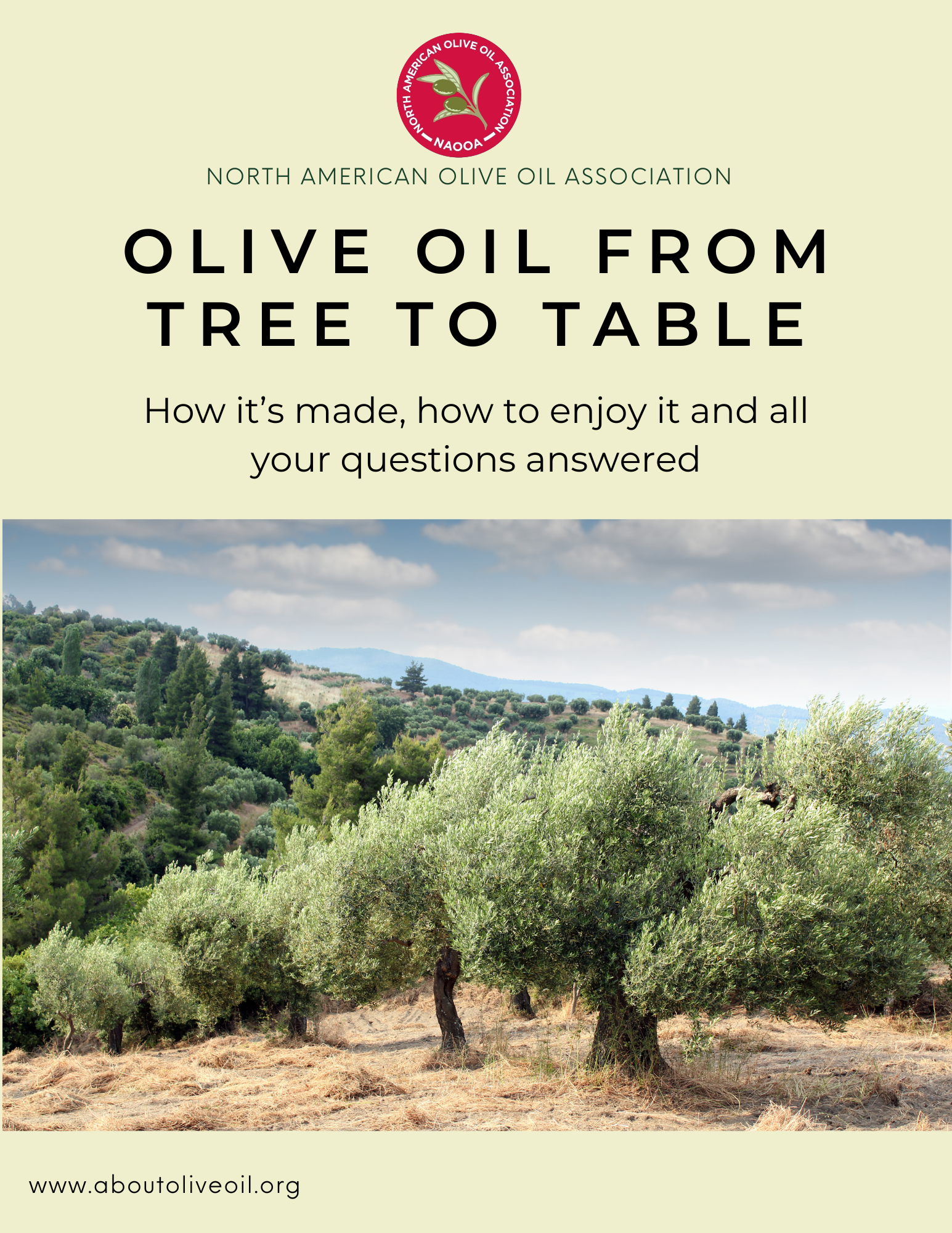Olive oil holds a significant place in many religious traditions, serving as a symbol of purity, healing, and divine blessing. In Catholicism, as well as in Anglican and Orthodox Christianity, olive oil is not just a culinary staple but a sacred element. Its application in various sacraments and ceremonies across these traditions underscores its importance in sacred rites and ceremonies.
The use of olive oil ties Catholic practice to ancient Christian and pre-Christian traditions. Early Christians adopted olive oil for sacramental use from Jewish practices, where it was a common element in religious rites. This continuity underscores a historical and spiritual link between the two faiths' roots.
Olive oil is mentioned numerous times in the Bible, signifying joy, health, and blessing. It was used for anointing priests, kings, and prophets, symbolizing God's choice and consecration of individuals for specific, holy purposes (e.g., Aaron and his sons in Exodus 30:22-25). This biblical precedent underpins the Catholic use of olive oil in sacraments like Baptism and Confirmation, where the anointed are set apart and sanctified.
In a homily presented by Pope Benedict XVI on April 1, 2010, he spoke of the importance of olive oil in Christianity.
"Olive oil has a wide range of meaning. It is nourishment, it is medicine, it gives beauty, it prepares us for battle and it gives strength. Kings and priests are anointed with oil, which is thus a sign of dignity and responsibility, and likewise of the strength that comes from God. Even the name that we bear as “Christians” contains the mystery of the oil. The word “Christians”, in fact, by which Christ’s disciples were known in the earliest days of Gentile Christianity, is derived from the word “Christ” (Acts 11:20-21) – the Greek translation of the word “Messiah”, which means “anointed one”. To be a Christian is to come from Christ, to belong to Christ, to the anointed one of God, to whom God granted kingship and priesthood. It means belonging to him whom God himself anointed – not with material oil, but with the One whom the oil represents: with his Holy Spirit. Olive oil is thus in a very particular way a symbol of the total compenetration of the man Jesus by the Holy Spirit." (Source: Homily of His Holiness Benedict XVI, 1 April 2010, Saint Peter's Basilica)
Consecration and the Holy Oils
Central to the use of olive oil is its consecration into chrism, a mixture of olive oil and balsam, which is blessed by bishops (for Catholics as part of a celebratory "Chrism Mass") during Holy Week, typically on Holy Thursday . This sacred chrism will be used across Catholic, Anglican, and Orthodox rites throughout the year in sacraments such as Baptism, Confirmation (or Chrismation in the Orthodox Church), and Holy Orders. The act of anointing with chrism marks individuals as consecrated to God, sealed with the Holy Spirit, and integrated into the Christian community.
In addition to chrism, the Catholic Church consecrates two other oils, both of which are also based in olive oil: the oil of catechumens, used in Baptism for strengthening against evil, and the oil of the sick, for the Sacrament of the Anointing of the Sick, offering healing and comfort.
- Baptism: Olive oil is used in all three traditions for anointing, but the significance and the moment of anointing can differ.
- Confirmation/Chrismation: Olive oil mixed with balsam to create chrism is used in Catholic and Orthodox traditions and in many Anglican communities for anointing during these sacraments.
- Anointing of the Sick: All three traditions use olive oil for this sacrament, emphasizing healing and the presence of the Holy Spirit.
- Consecrations and Dedications: Olive oil is used for anointing altars and churches in Catholic and Orthodox traditions, symbolizing sanctification.
While olive oil is a common element in these rites, its symbolic meanings and the rituals associated with its use reflect the theological nuances and liturgical traditions of each denomination. Not every ceremony uses olive oil in exactly the same way or to the same extent across Catholic, Anglican, and Orthodox Christianity, but its role as a symbol of blessing, purification, healing, and the Holy Spirit is a shared and venerable tradition.
Conclusion
Across Catholic, Anglican, and Orthodox Christianity, olive oil transcends its material value to embody spiritual purification, protection, healing, and the sanctifying presence of the Holy Spirit. Its use in chrism, baptism, anointing of the sick, and other rites, reflects a shared heritage and theological understanding that binds these traditions together.

.jpg)



